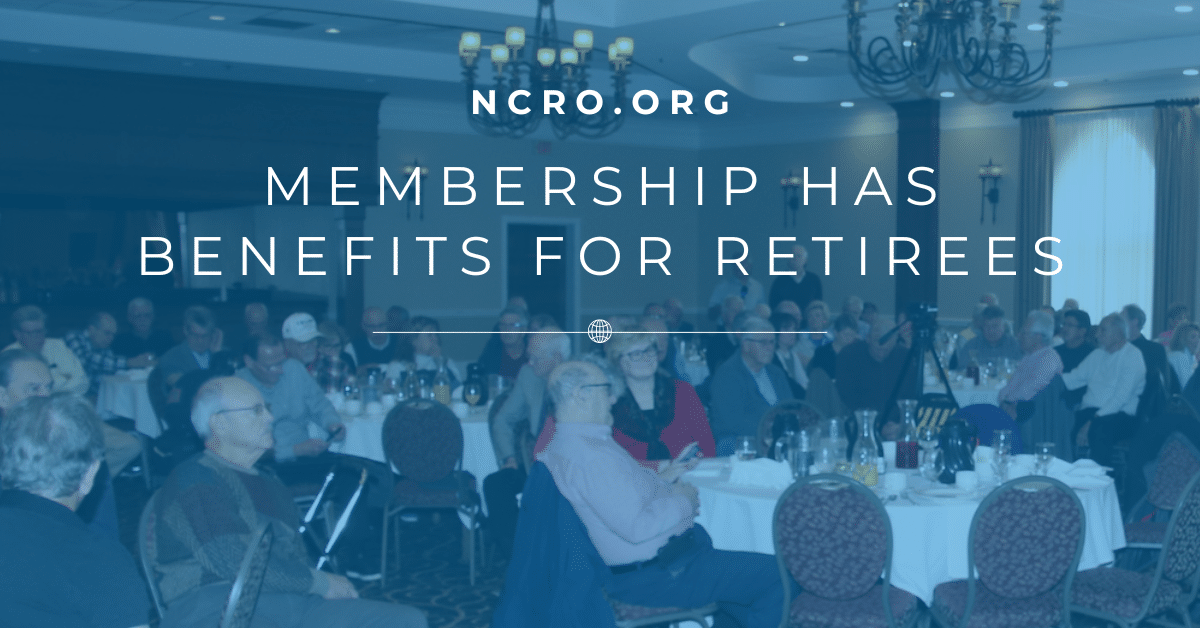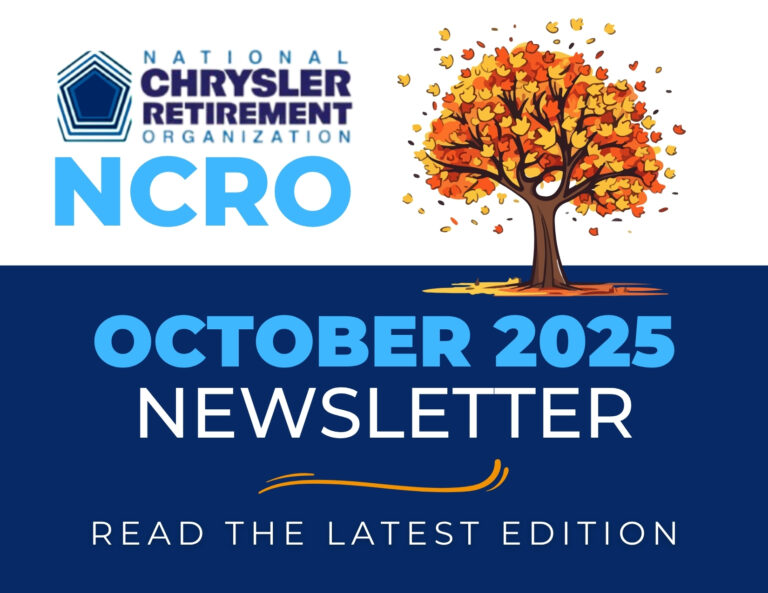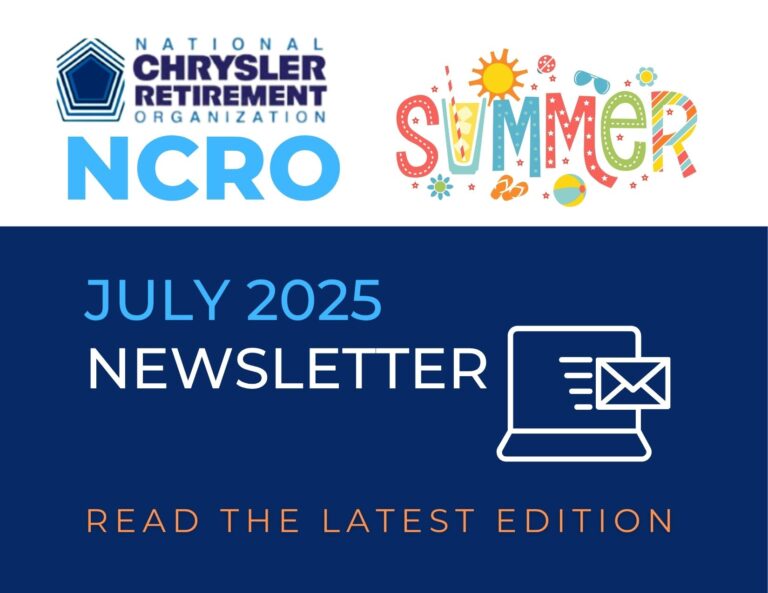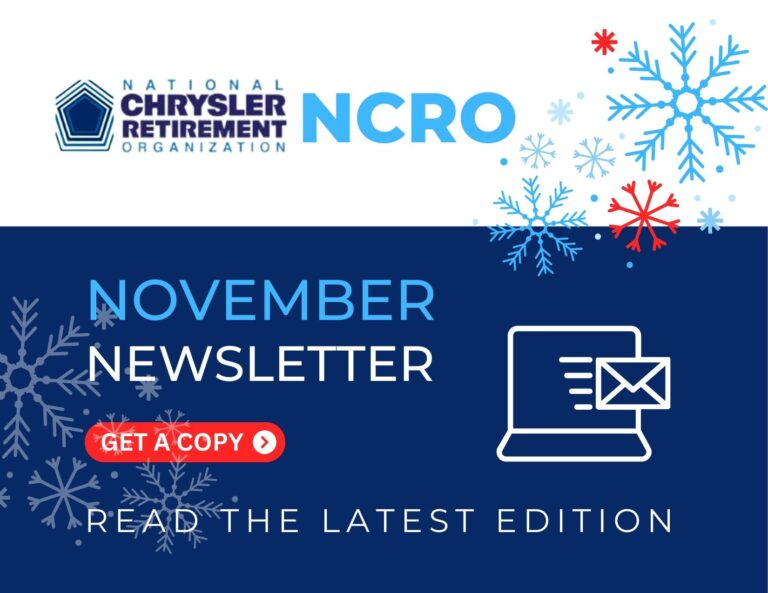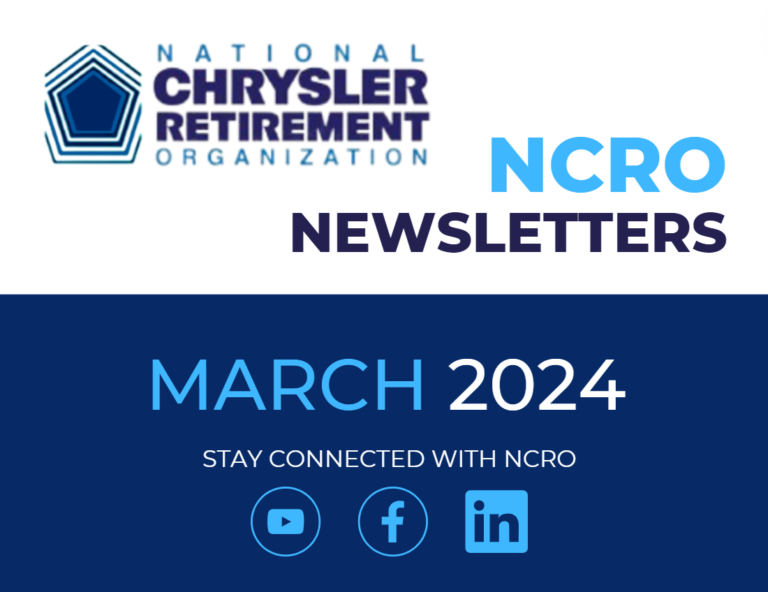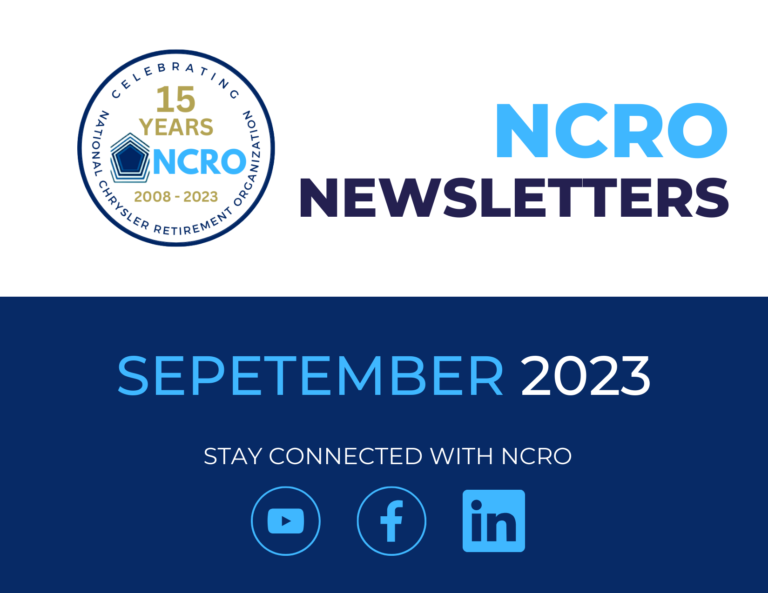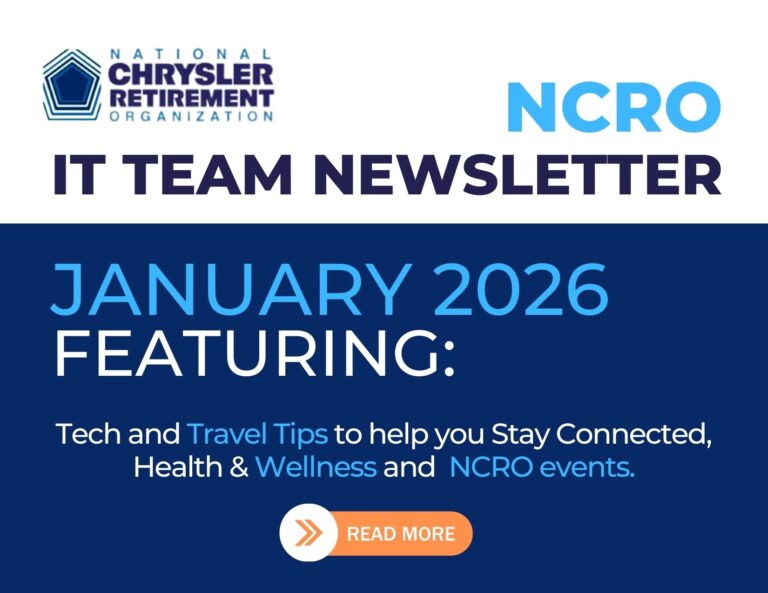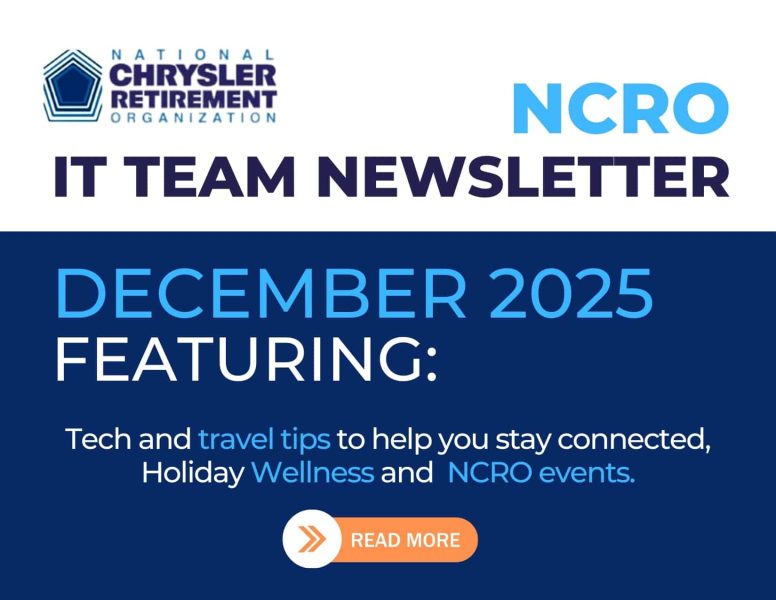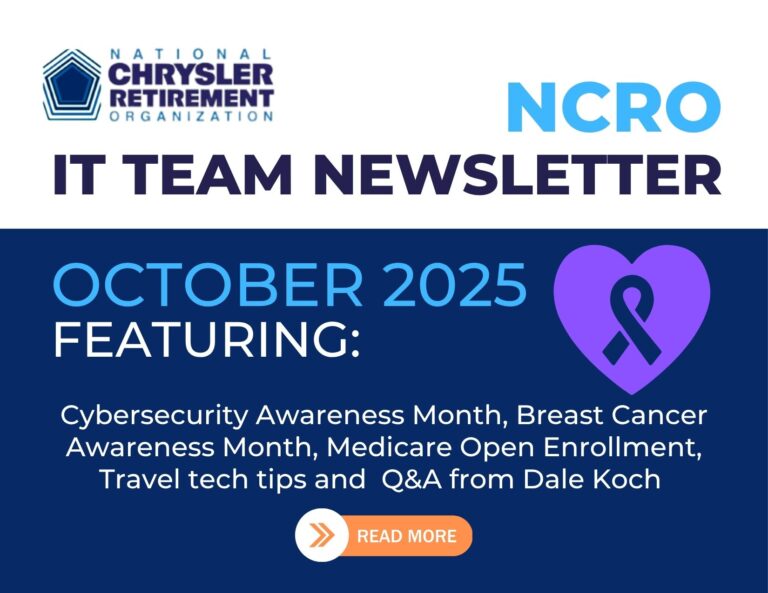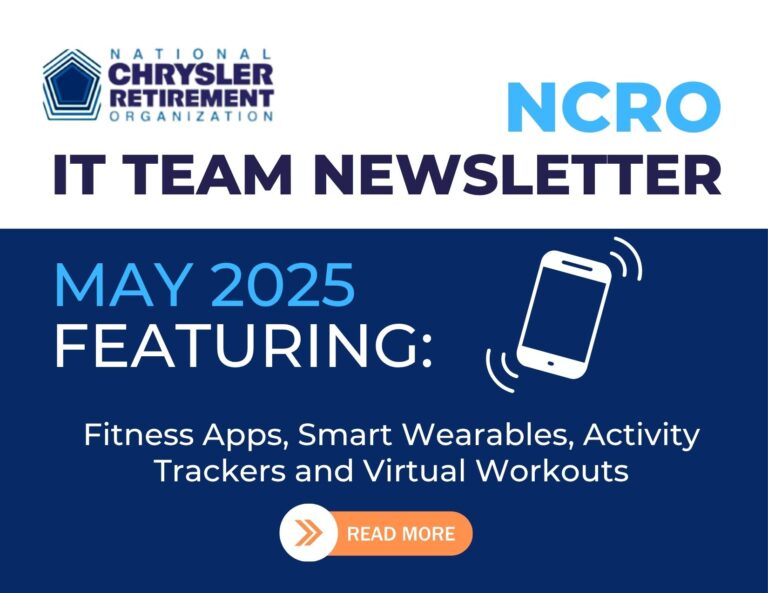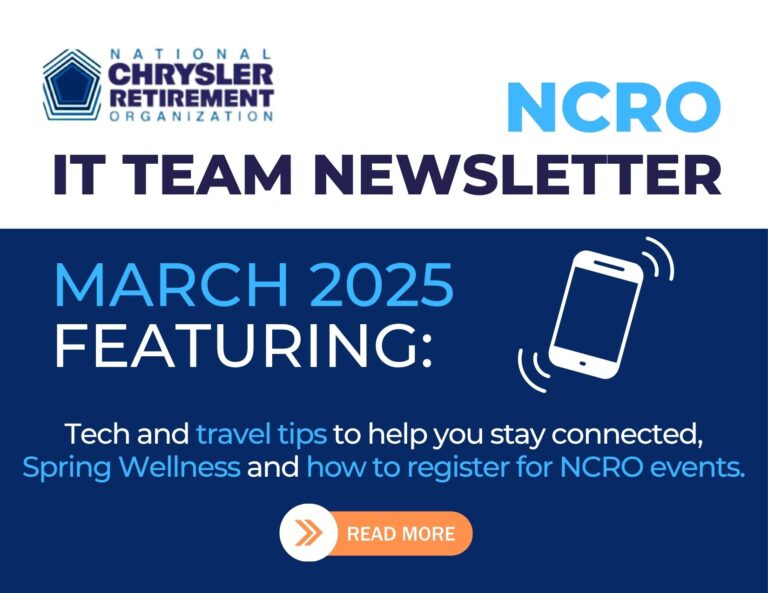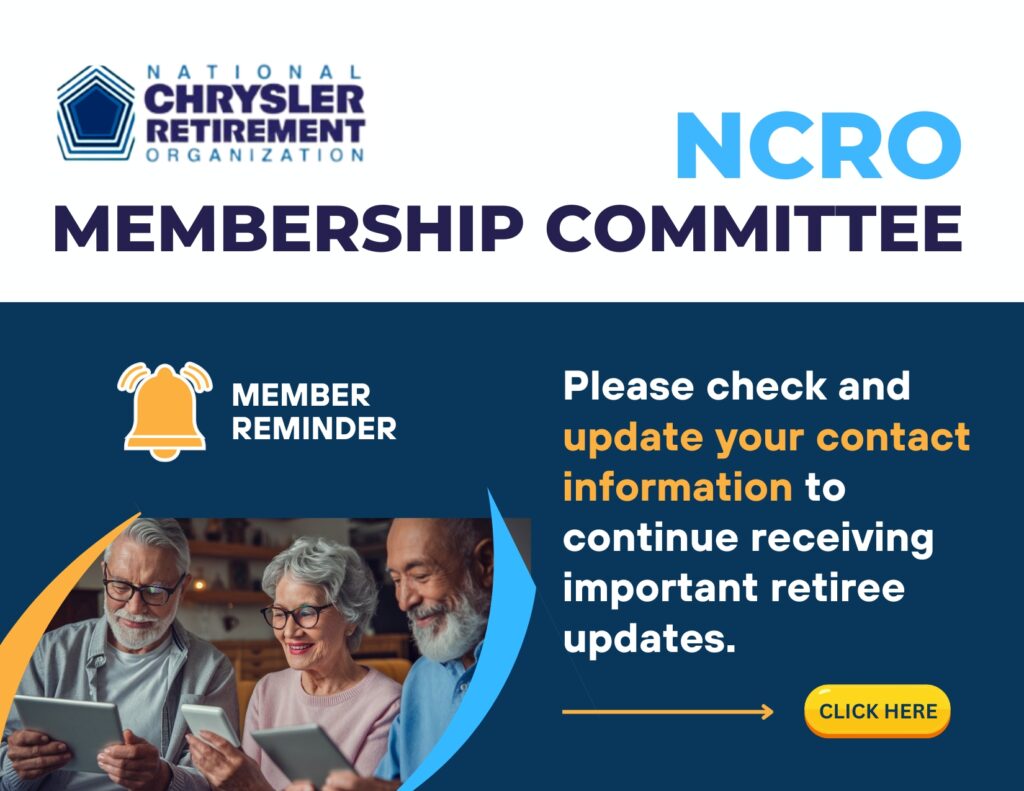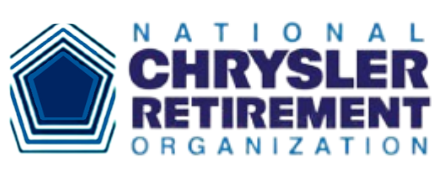
NCRO 59th Breakfast Meeting | Wednesday, March 11, 2026
Our Keynote speaker will be Mark Trostle (BIO)
Vice President – Ram Truck, SRT and Mopar Design
“Design overview for Ram, Mopar and Motorsports”
- Where: San Marino Club http://www.sanmarinoclub.com/
- Cost: $15 for members – $15 for spouse – $31 for non-members.
- Time: 10:00 a.m. to 12:00 p.m.
- Doors Open at 9:30 a.m.
Agenda
- 10:00 AM Family style breakfast with Cheese Egg Frittata, Fancy Potatoes, Sausage, fresh fruit, biscuits, and beverages
- 10:30 – 11:00 – NCRO News and Information
- 11:00 – 11:30 – Keynote Speaker: Mark Trostle | “Design overview for Ram, Mopar and Motorsports”
- 11:30 –12:00 – Q & A
- 12:00 –12:15 – Adjourn
Cost:
- Cost: $15 for Members
- $15 for Spouse
- $31 for Non-Members
Our website is now open for reservations. Payment is in advance on a first come first serve basis. To reserve a seat, payment must be received by March 6th, 2026.
If you want to pay by check:
Make the check payable to NCRO and mail it to:
Dave Poxon
4725 Schilly Ct.,
Gladwin, MI 48624
Telephone: (248) 207-2955
(For issues or questions only. Please leave a message and we will return your call. No need to call for confirmation.)
Please do NOT include payment for anything else. All payments are non-refundable unless for medical reasons on the day of the event. Of course, if you are sick the morning of the event, we will offer refunds for those who cannot attend. Just call Dave and ask for the return of your check or a refund of your PayPal charge.
To attend the breakfast meeting online, Click on the link below:
https://attendee.gotowebinar.com/register/190145592928097111

